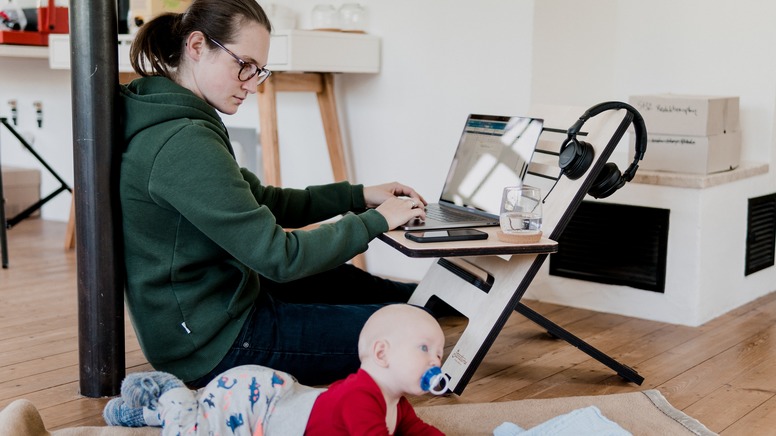Welcome to IDA
Work-life balance

What makes expats leave their home country and friends and family to come to Denmark? As it turns out, most expats like the Danish way of working. A large study (The 2020 Expat Study) by IDA and its partners, finds that expats enjoy living and working in Denmark. One of the most interesting findings of the study is that the factor most respondents listed as particularly important for accepting a job in Denmark was the opportunity to enjoy a good work/life balance (The 2020 Oxford Expat Study).
What is a “good work/life balance” and how come we have it here in Denmark?
Work/life balance basically describes the phenomenon on the Danish Labour market where the importance of life outside of work is emphasised. It is viewed as an advantage that employees have a life outside of their job where they spend time on personal care and leisure. Spending time with one’s family and on hobbies without having to worry about upsetting the manager greatly improves the employees’ overall quality of life, and makes workers more creative, positive and happy while reducing stress levels. All this is to the benefit of the companies as well who benefit from fewer sick days, higher productivity and more innovative workers.
This is not just a narrative that has manifested itself. It is evident in the facts as well:
- Danes work 1380 hours a year, the lowest of any OECD country (data.oecd.org)
- The official working week is 37 hours. Overtime is often compensated financially or with time off instead
- People in Denmark devote 66% of their day, or 15.9 hours, to personal care and leisure - well above the OECD average
- Employees are entitled to five weeks vacation and many are able to take time off with full pay on the first day a child is sick
- The female employment rate for workers between 25-54 years old is at 78%, which makes it one of the highest in the OECD. This indicates that mothers in Denmark have better opportunities to balance career and family life
Working in Denmark
Want to know more about the Danish Labour market? We have assembled all you need to know about working in Denmark, the Danish culture and global mindsets. Go to overview.
The effects of unionisation
However, many of the benefits that constitute the framework of a good work/life balance were not created automatically nor randomly. Workers on the Danish Labour market enjoy the benefits of a 37 hour working week, full pay on the child’s first sick day and paid maternity leave largely thanks to the Danish unions and their negotiations with employer organizations. It is the result of these negotiations that we enjoy today and which regulates the labour market to allow workers a great work/life balance.
Learn more about union membership in Denmark.
If you working life is not in balance, IDA can help you get back on track and prevent further complications. As a member of IDA, you can always ask our career counsellors for assistance.